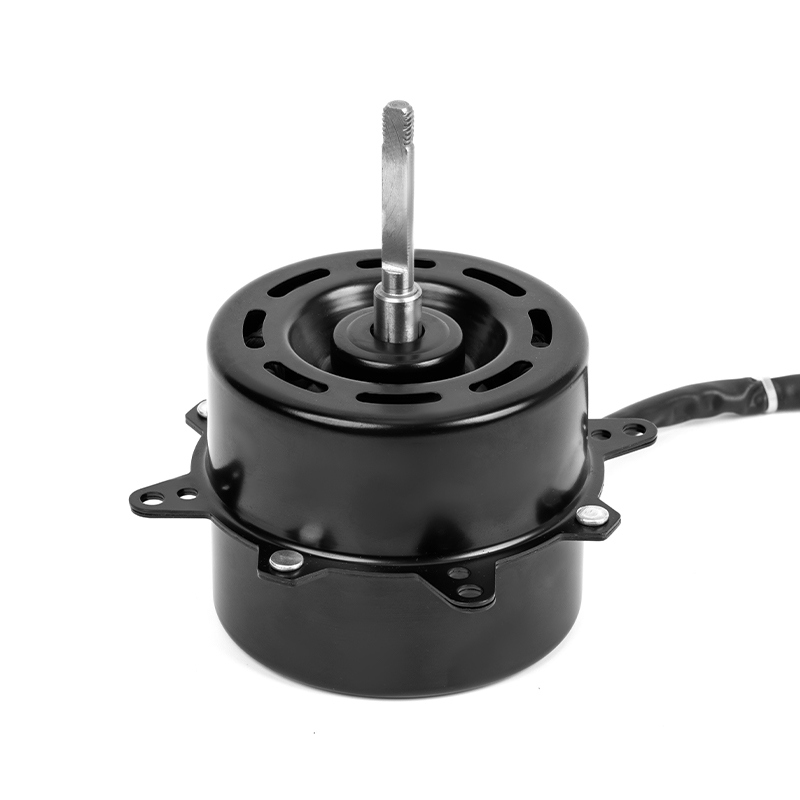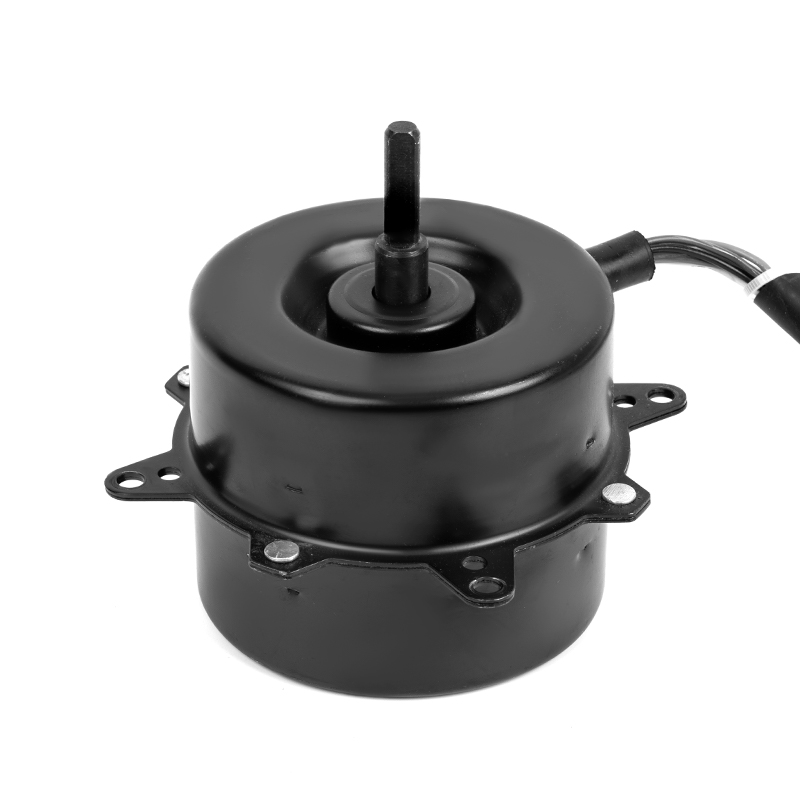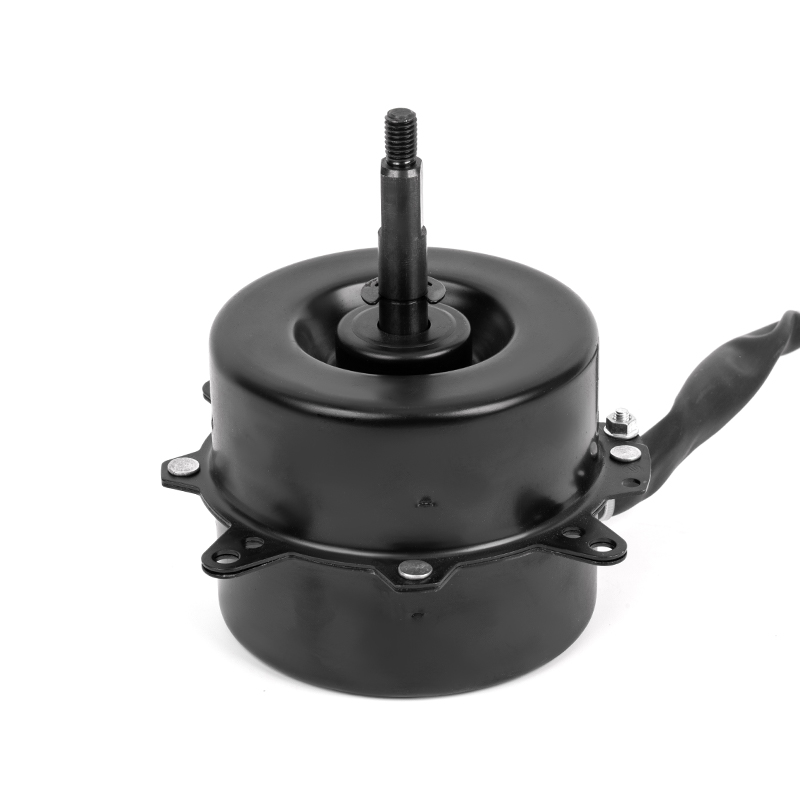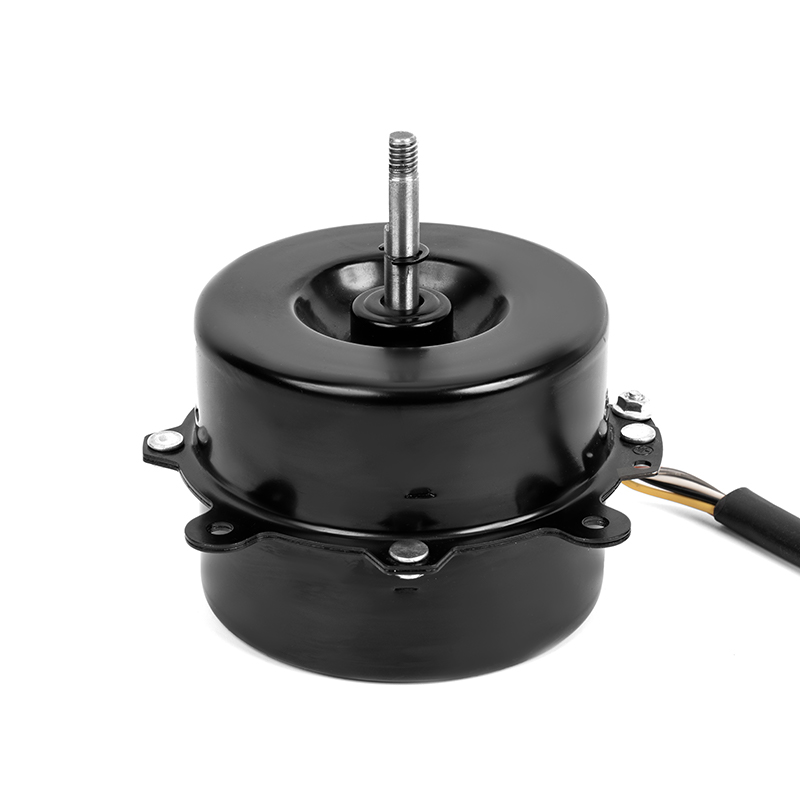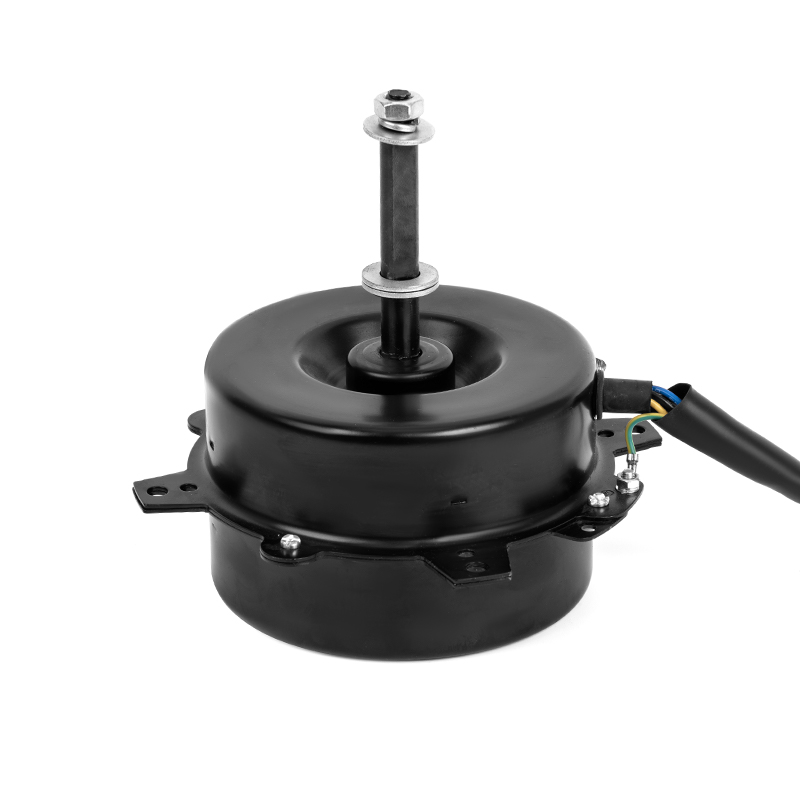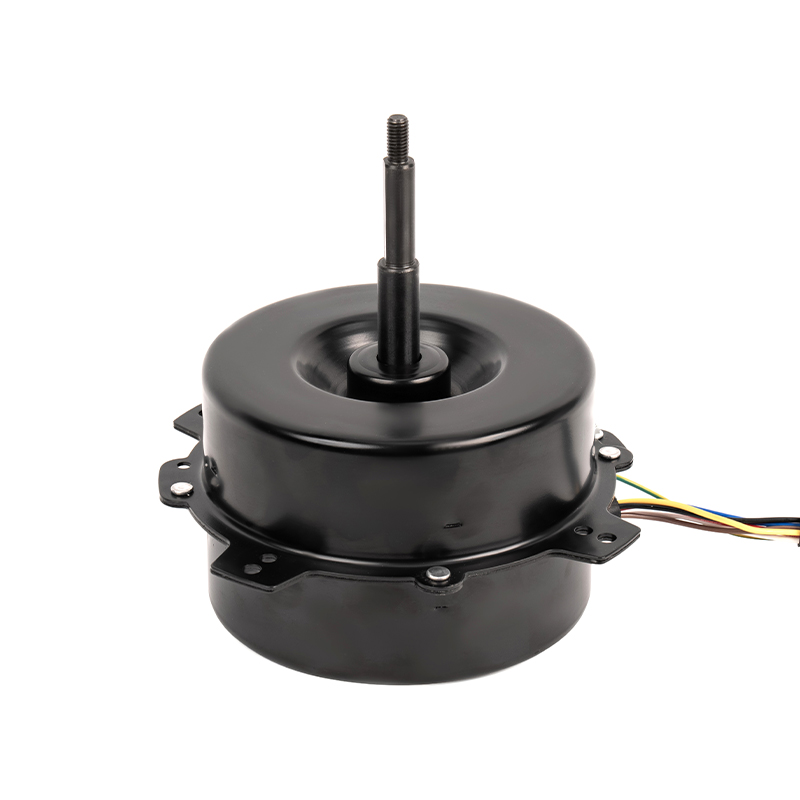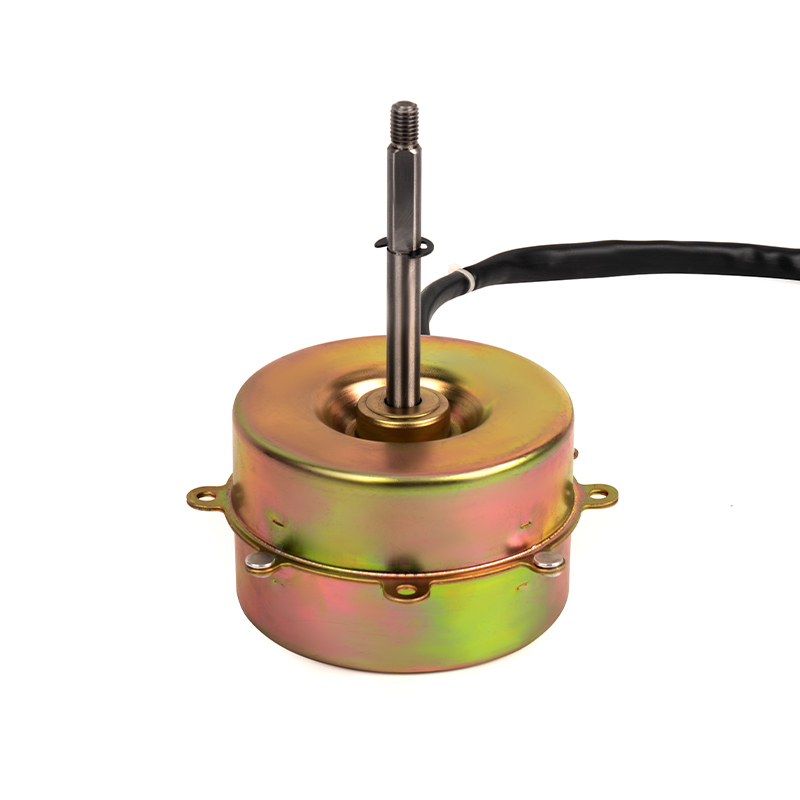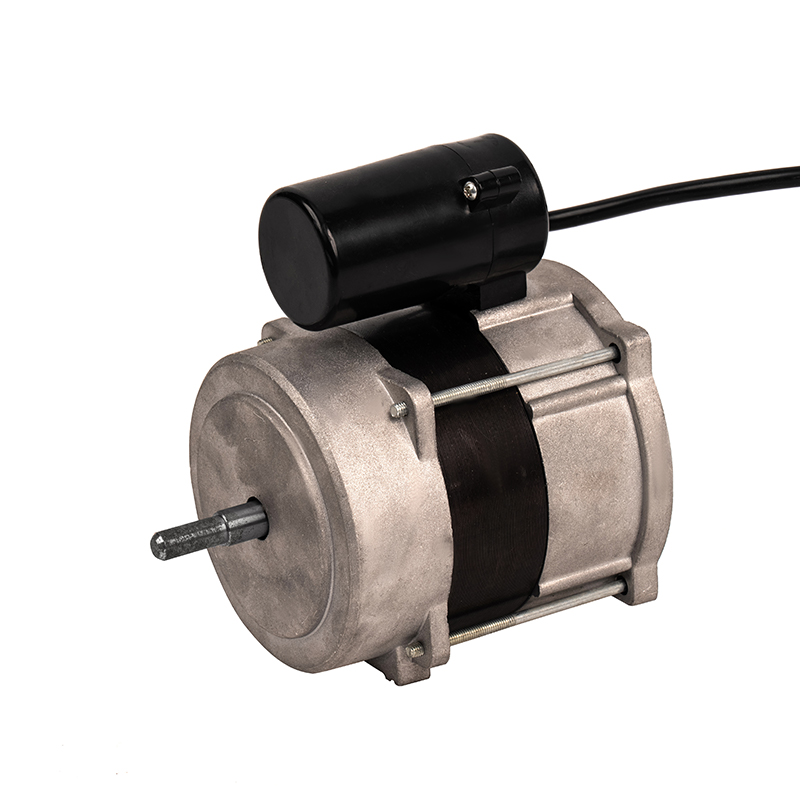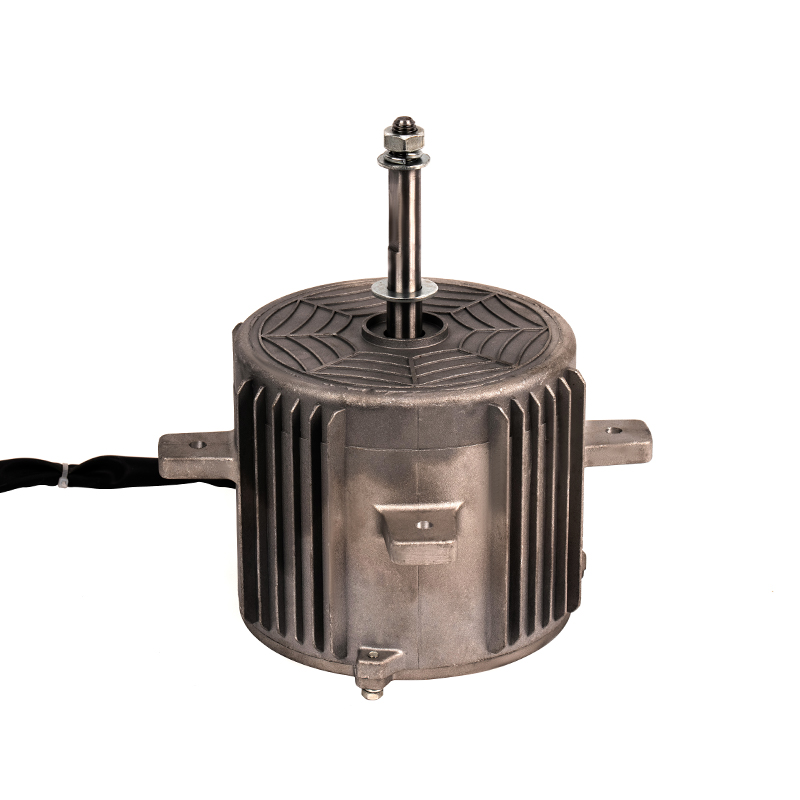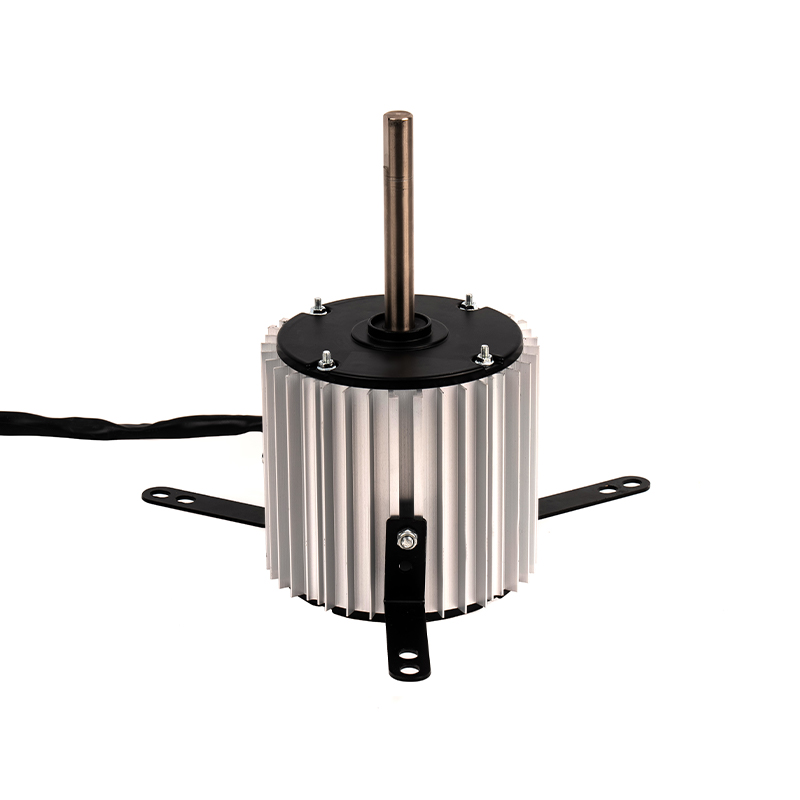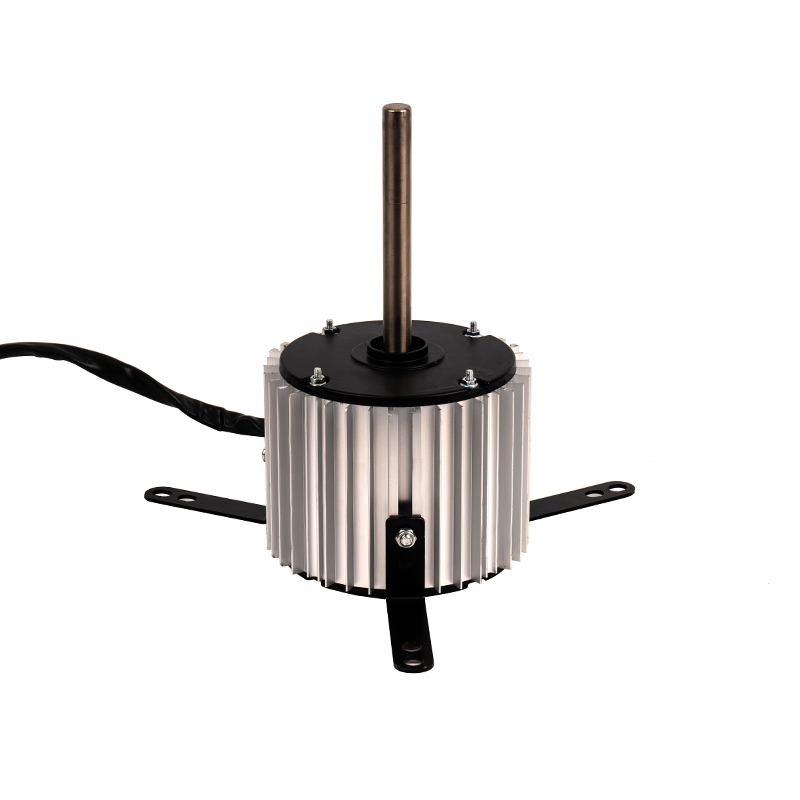Plastic Asynchronous Motors provide a significant advantage in environments susceptible to corrosion. Traditional motors constructed from metals like steel or aluminum often experience deterioration when exposed to water, salts, acidic chemicals, or alkalines, leading to rust, rust-induced wear, and potential motor failure. In contrast, plastics such as polycarbonate, PVC, and nylon offer inherent resistance to corrosion. These materials are not susceptible to rusting, which is particularly advantageous in industries such as chemical manufacturing, food processing, and water treatment, where motor is constantly exposed to moist environments. As Plastic Asynchronous Motors do not rust or degrade when exposed to moisture or chemicals, they contribute to a longer operational lifespan and reduced maintenance. This corrosion resistance makes them ideal for use in both indoor and outdoor applications, especially in marine, coastal, or wet conditions where conventional metal motors would fail prematurely.
Plastics used in the construction of Plastic Asynchronous Motors, such as polypropylene, Teflon, or fiberglass-reinforced polymers, exhibit excellent chemical resistance to a wide variety of chemicals, including acids, bases, oils, and solvents. This makes these motors highly suitable for industries where chemicals are handled regularly, such as chemical processing plants, pharmaceutical manufacturing, and oil refineries. These materials will not corrode, deform, or degrade even when exposed to harsh chemical agents. Unlike metal parts that can corrode or degrade when they come into contact with chemicals, plastic motors maintain their structural integrity and mechanical properties, ensuring continuous operation without the risk of chemical-related failures.
The lightweight nature of plastics, in comparison to traditional metals, provides a significant advantage in space-constrained or mobile applications where weight is a crucial factor. Plastic Asynchronous Motors are typically lighter than their metal counterparts, making them ideal for portable equipment, mobile machinery, and aerospace applications. The reduced weight also minimizes strain on support structures and allows for easier installation and transportation. In environments with chemical exposure, where motors often need to be relocated or maintained, the lightweight construction of plastic motors makes them more flexible and easier to handle, without compromising on strength or durability.
Plastics are naturally non-conductive materials, providing an additional layer of safety in environments where electrical risks are high. Plastic Asynchronous Motors are designed to be electrically insulated, which makes them less prone to short-circuiting in the event of an electrical fault. In environments where chemicals or moisture may increase the likelihood of electrical hazards, the non-conductive properties of the plastic casing ensure safe operation. This insulation makes the motor ideal for use in wet or chemically hazardous environments, such as water treatment plants, chemical factories, and laboratories, where the risk of electrical leakage or shocks is higher due to environmental factors.
Plastic materials can also be engineered for abrasion resistance, which is beneficial in applications where the motor may be subjected to dust, particulate matter, or grit in the environment. In chemical plants or industrial environments, particulate debris can damage motor components or interfere with performance. However, many plastics used in asynchronous motors can be treated to improve their resistance to abrasion, ensuring that the motor remains operational in environments with high levels of physical wear. This resistance to wear helps the motor maintain its structural integrity over time and reduces the frequency of maintenance or repairs due to external abrasives.



 English
English عربى
عربى ++86 13524608688
++86 13524608688